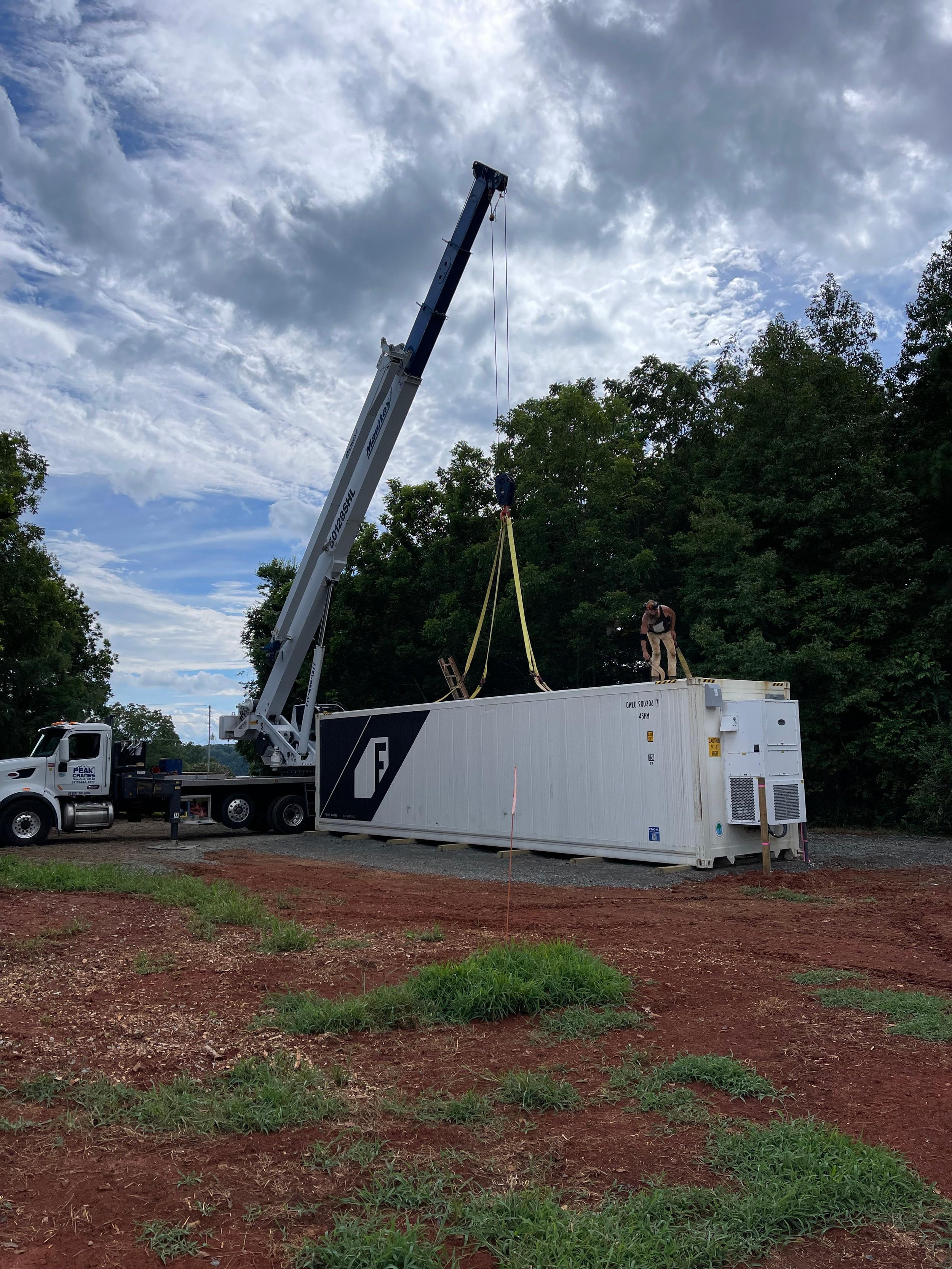Growing Greens and Growing Minds With Boys and Girls Clubs
The Boys and Girls Club (BGC) has long been a community cornerstone, providing safe spaces for young people to learn, grow, and develop essential life skills. Recently, a partnership with Freight Farms has added a new dimension to the BGC experience by integrating container farming into their programs. This initiative offers fresh, locally-grown produce and an innovative educational tool, promoting sustainability and healthy eating habits among youth. This blog explores how Freight Farms' hydroponic technology is revolutionizing the Boys and Girls Club, cultivating both greens and young minds.
The Vision of Freight Farms
Freight Farms is dedicated to making farming accessible to anyone anywhere, anytime. Founded with the mission to address food security and sustainability, the company builds state-of-the-art hydroponic systems in shipping containers. This container farm, known as the Greenery™, is compact, climate-controlled, and capable of producing over 500 varieties of crops year-round. By reducing water usage by 99.8% compared to traditional farming methods and offering a modular and scalable solution, Freight Farms is at the forefront of modern agriculture.
Key Features of Freight Farms
Water Efficiency: Uses only 5 gallons of water per day.
Automated Systems: Farmhand® software automates climate control, nutrition, and hydration.
Climate-Controlled Environment: Ideal growing conditions regardless of external weather.
The Boys and Girls Club Initiative
Educational Impact
The integration of Freight Farms' container farms into the Boys and Girls Club serves multiple educational purposes:
STEM Learning: Students engage in hands-on activities that teach science, technology, engineering, and mathematics (STEM) principles. The farm’s operation involves understanding hydroponics, climate control, and plant biology.
Environmental Education: Youth learn about sustainability, resource conservation, and the importance of local food systems.
Nutritional Awareness: Growing their own vegetables helps children appreciate fresh produce and encourages healthy eating habits.
Case Study: Boys and Girls Clubs of Metro South
At the Boys and Girls Clubs of Metro South in Massachusetts, the partnership with Freight Farms has transformed how children engage with their food. Kids participate in planting, tending, and harvesting the crops while learning about the nutritional benefits of fresh vegetables. This initiative provides food for the club and educates children on the importance of agriculture and healthy eating.
Benefits to the Community
Enhancing Food Security
One of the primary goals of the Freight Farms and Boys and Girls Club partnership is to enhance food security. By growing fresh produce on-site, the clubs can provide nutritious food to children and their families, reducing dependence on external food sources and donations.
Community Engagement
The container farms also serve as a focal point for community engagement. Local residents can participate in farm activities, learn about sustainable farming practices, and even participate in educational workshops. This community involvement fosters a greater sense of ownership and pride in local food production.
Economic Benefits
Freight Farms’ container farms are not only a source of fresh produce but also an economic asset. They can generate revenue through the sale of surplus produce, which can be reinvested into the club’s programs and facilities. This sustainability model supports the financial health of the Boys and Girls Clubs while promoting local food production.
Implementing Freight Farms at Your Boys and Girls Club
Getting Started
Implementing a Freight Farm at your local Boys and Girls Club involves several key steps:
Site Selection: Choose a suitable location for the container farm. Freight Farms’ compact and mobile design can fit in various urban, commercial, or residential locations.
Logistics and Delivery: Prepare the site according to Freight Farms’ guidelines and coordinate delivery.
Installation and Setup: The Client Services Team assists with setting up the farm, connecting to utilities, and calibrating systems
Training and Support
Freight Farms offers comprehensive training programs to ensure the success of new farmers. Options include:
Farm Camp: In-person training at Freight Farms’ headquarters in Boston.
On-Site Launch: Personalized training at your location.
Farmhand Academy: Online, self-paced training modules.
Ongoing support is also provided, including regular check-ins, data analysis for optimization, and remote troubleshooting.
Conclusion
The partnership between Freight Farms and the Boys and Girls Club is a testament to the transformative power of innovative agriculture. By integrating container farming into their programs, Boys and Girls Clubs across the country are not only enhancing food security and promoting sustainability but also providing invaluable educational opportunities for young people. This initiative is growing more than just greens; it is cultivating the minds and futures of the next generation.










